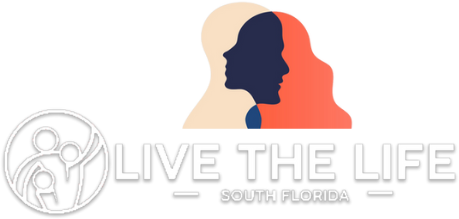
When we mention the phrase “Arrested Development,” most people think of the sitcom with that title. It’s the story of the formerly wealthy Bluth family and their dysfunction. The series received critical acclaim, six Primetime Emmy Awards, and one Golden Globe Award. It has been named one of the greatest TV shows by publications, including Time and Entertainment Weekly. I’ve not watched the program, but my guess is it was widely viewed because we all relate to it at some level. Every family has some dysfunction, and most of us know someone that suffers from arrested development, maybe ourselves.
What is arrested development?
Arrested development from a mental health perspective is when someone’s chronological age doesn’t match their emotional development. Most people age emotionally and chronologically in tandem. Some wobble and weave and play catch up through life experiences or when ”adulting”happens, but others remain a child or adolescent emotionally their entire lifespan.
There’s no sin in a child acting like a child, and when we’re stressed, we sometimes regress, but for an adult to behave and respond childishly regularly may point to a deeper issue. It may indicate that normal emotional development has been hindered or “arrested.” Arrested development can happen when trauma occurred in a child’s life, and the adults didn’t help them process and heal.
What are some of the signs of someone that may be suffering from arrested development?
Read the rest of the article HERE
Have questions or a topic you would like to see addressed?
Contact Lisa at LisaMay@livethelife.org
Lisa May is the Executive Director of South Florida for Live the Life South. Live the Life exists to strengthen marriages and families through healthy relationship education beginning in middle school through senior adults. For information visit LivetheLifesoflo.org
